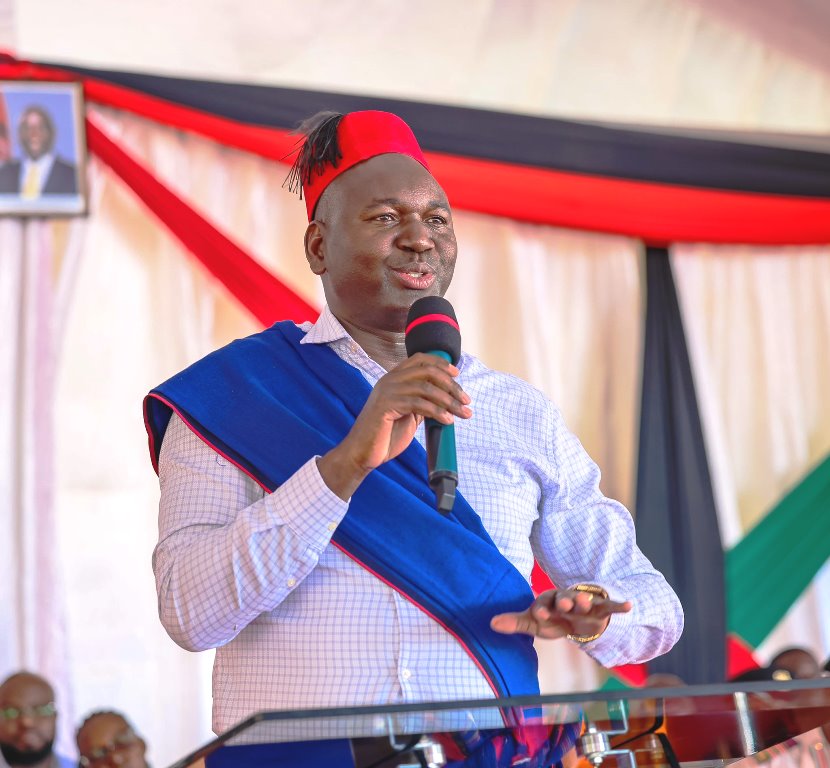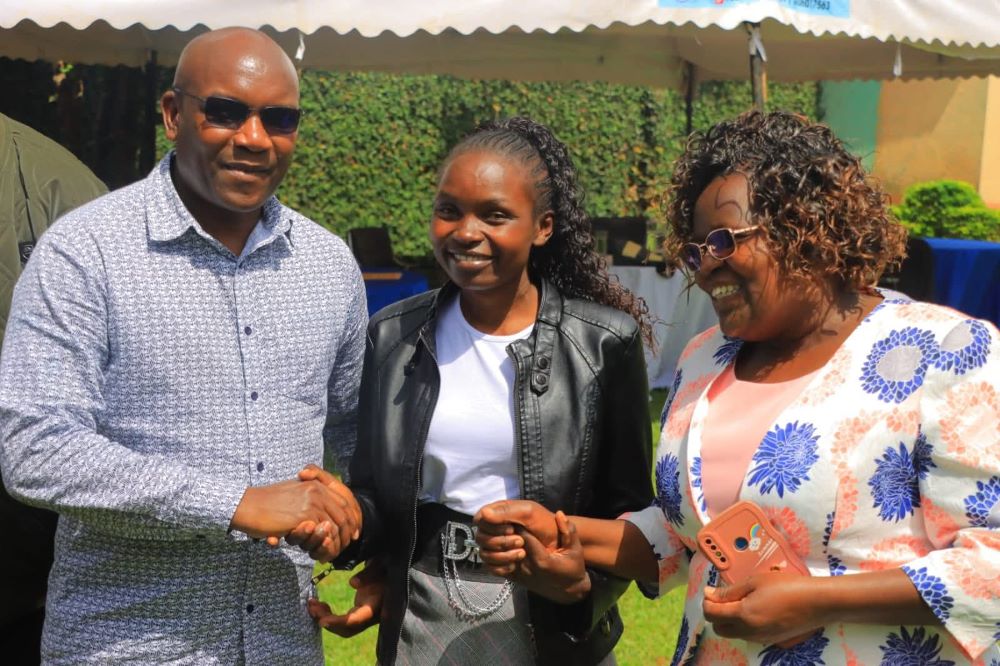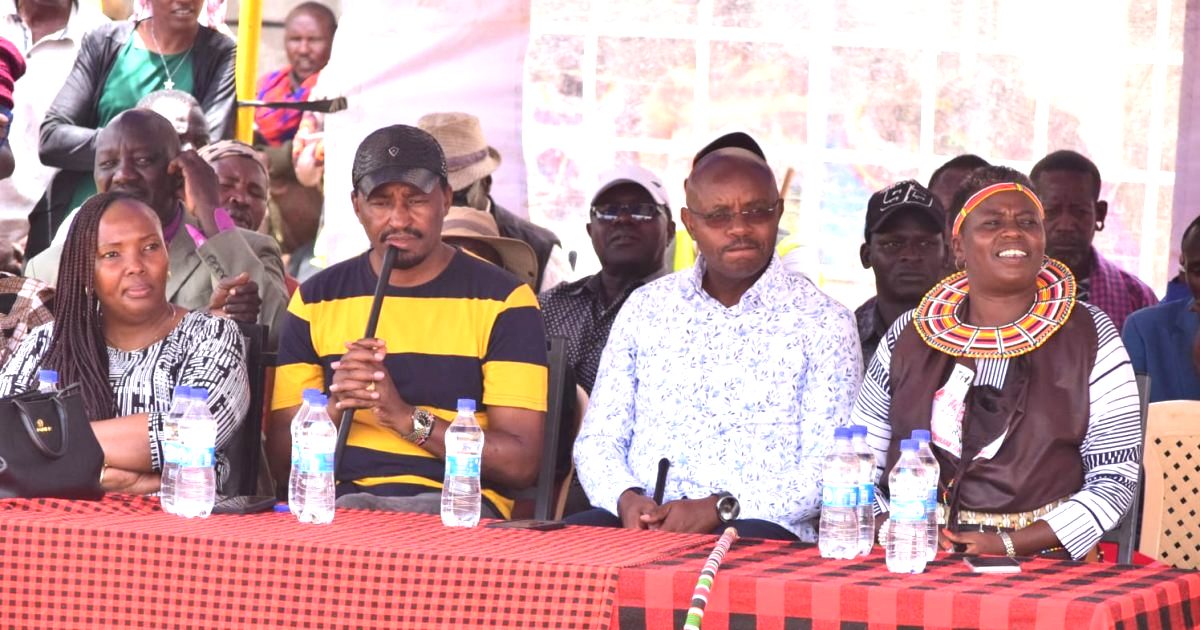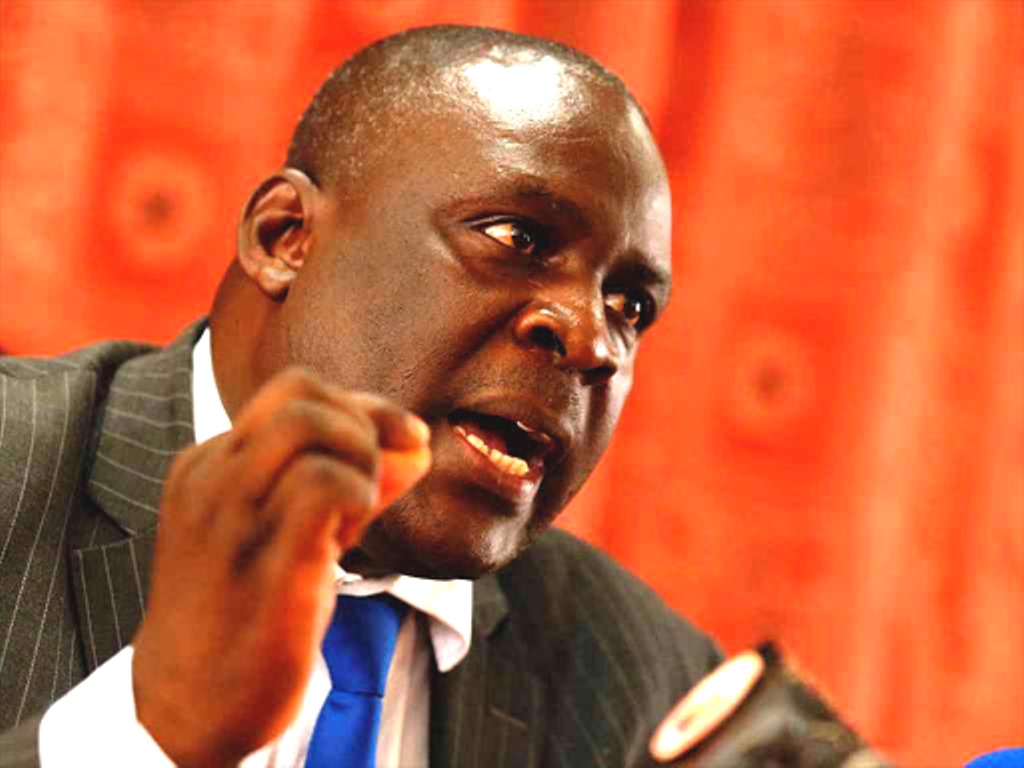The Ministry of Education (MoE) has pledged to push for increased funding to safeguard Kenya’s free primary and secondary education programs, following fresh warnings that the initiative is on the brink of collapse.
During a speech at St. Thomas Girls Secondary School’s prize-giving ceremony in Kilifi County today, Basic Education Principal Secretary Prof Julius Bitok said that the government has no intention of scrapping free education.
This assurance comes in the wake of significant budgetary reductions to schools, which have sparked public concern.
Bitok emphasised that the Ministry will intensify its lobbying efforts in Parliament to secure additional funding for student capitation and national examinations.
However, the Treasury has painted a grim picture. Appearing before the National Assembly Education Committee on Thursday, Treasury Cabinet Secretary John Mbadi stated that the government is no longer financially capable of sustaining free education for millions of learners across the country.
READ ALSO:
UASU protests Govt plans to lay off staff in public universities
Mbadi disclosed a drastic reduction in capitation for secondary school students—from Sh22,244 to Sh16,900 per learner—citing the pressure on national finances.
“The budget cannot support the 22,000 shillings. And you know, it is Parliament that passes the budget. You can then take the figures and calculate. I say, you see the problem is we live a lie,” Mbadi said.
His remarks ignited reactions from MPs, who questioned the honesty and consistency of the State’s commitment to education.
“Why do we keep quoting Sh22,000 per learner when we have never met that figure? Say the truth — you’re only able to fund Sh16,000 per child,” Julius Taitumu, MP for Igembe South, posed.
The committee has now called for a full audit of government disbursements to schools, raising alarm over continued allocations to non-existent institutions.
“We cannot have a government that keeps telling us that there is no money, but the activities on Fridays in this country show the exact opposite. Our priorities are misplaced, and that’s what we need to fix,” stated Clive Gisairo, MP for Kitutu Masaba.
Some MPs have also proposed that the government reconsider its approach and shift part of the education cost back to parents.
Even as the Ministry insists on preserving the free education policy, the Treasury’s remarks have raised questions about its long-term sustainability—especially amid ongoing economic strain.
By Joseph Mambili
You can also follow our social media pages on Twitter: Education News KE and Facebook: Education News Newspaper for timely updates.
>>> Click here to stay up-to-date with trending regional stories
>>> Click here to read more informed opinions on the country’s education landscape






